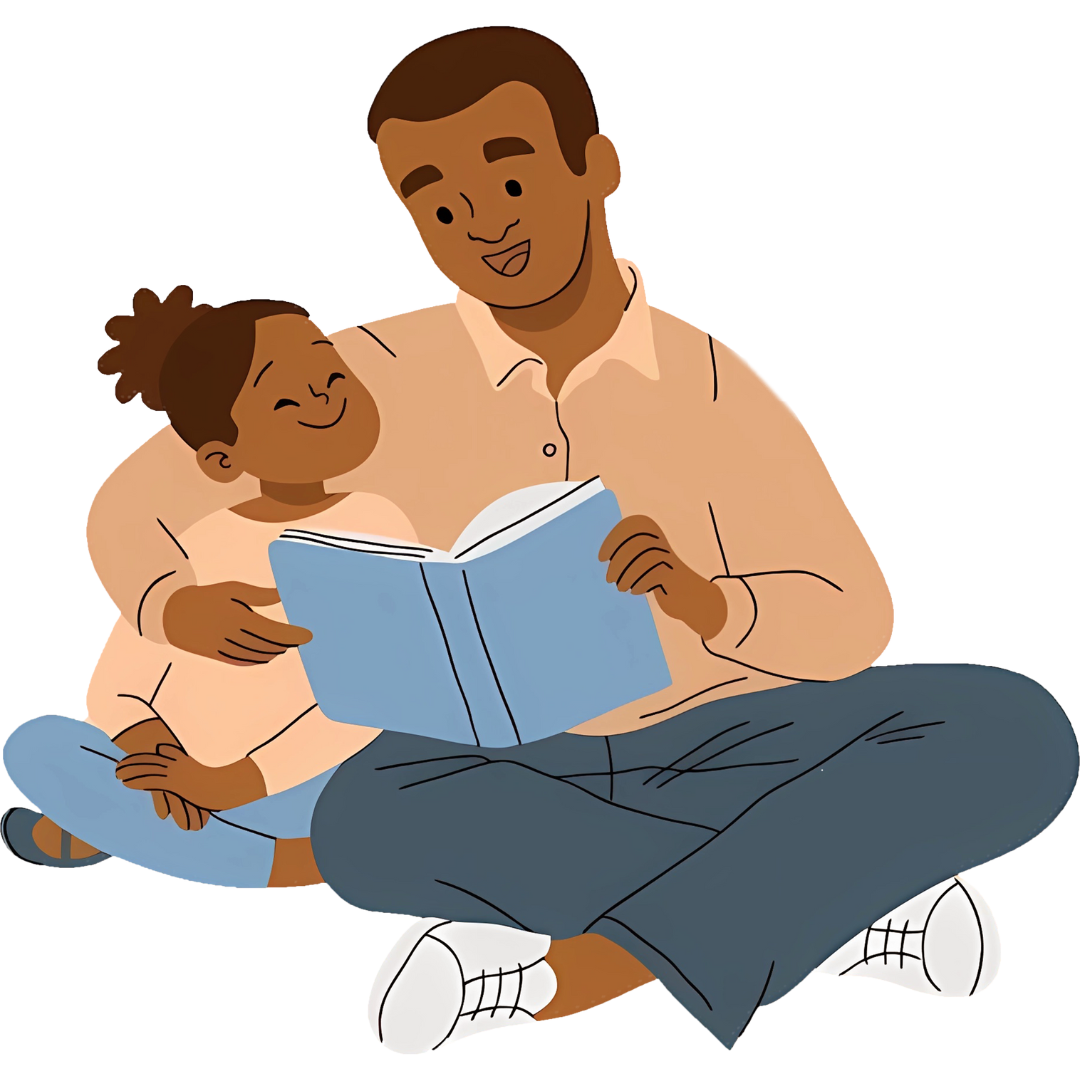ADHD & Autism Research Study
Researchers at Tufts University are evaluating how ADHD and autism diagnoses influence social understanding.

Fast Facts

Child ages 8-12

Child diagnosed with ADHD and/or autism

Compensation Provided

Conducted in Medford, MA
Study Background
Researchers at Tufts University are evaluating how ADHD and autism diagnoses influence social understanding.
For many years, figuring out if someone has ADHD or autism has been really hard. This means lots of people haven’t been properly diagnosed, or they’ve been told they have something else. Families have struggled to understand what’s going on with their loved ones because these conditions are tricky for doctors and researchers to pin down. But we’re determined to change that.
Our main goal is to understand how children with ADHD and autism see and understand social cues. We want to really dig into their unique perspectives to learn more about how their brains work. By doing this, we hope not just to understand the wide range of ways people’s brains can be different but also to rethink how we diagnose and help them. We’re teaming up with experts from different fields to come up with better ways to figure out who needs help and how to give it.
Our work isn’t just about studying in classrooms. It’s about pushing for big changes in how society sees and helps people with ADHD and autism. We want everyone, no matter how their brain works, to get the help and respect they deserve. By listening to and sharing the stories of those who’ve been overlooked or misunderstood in the past, we’re aiming for a future where everyone feels understood and supported. We’re committed to this cause and won’t stop until we’ve made the world a better place for everyone.

Study Background
Researchers at Tufts University are evaluating how ADHD and autism diagnoses influence social understanding.

For many years, figuring out if someone has ADHD or autism has been really hard. This means lots of people haven’t been properly diagnosed, or they’ve been told they have something else. Families have struggled to understand what’s going on with their loved ones because these conditions are tricky for doctors and researchers to pin down. But we’re determined to change that.
Our main goal is to understand how children with ADHD and autism see and understand social cues. We want to really dig into their unique perspectives to learn more about how their brains work. By doing this, we hope not just to understand the wide range of ways people’s brains can be different but also to rethink how we diagnose and help them. We’re teaming up with experts from different fields to come up with better ways to figure out who needs help and how to give it.
Our work isn’t just about studying in classrooms. It’s about pushing for big changes in how society sees and helps people with ADHD and autism. We want everyone, no matter how their brain works, to get the help and respect they deserve. By listening to and sharing the stories of those who’ve been overlooked or misunderstood in the past, we’re aiming for a future where everyone feels understood and supported. We’re committed to this cause and won’t stop until we’ve made the world a better place for everyone.

Additional Information
Tufts University researchers are examining the impact of ADHD and autism diagnoses on social comprehension. We are investigating how being diagnosed with these conditions affects how individuals understand social situations.
You may qualify for a study if you meet the following criteria.
Inclusion Criteria:
- Child ages 8-12
- Child is diagnosed with ADHD and/or autism spectrum disorder
- Child has normal or corrected-to-normal vision (e.g., glasses are fine)
- Able to attend a one-time, in-person visit to Medford, MA
This study involves a one-time, in-person visit in Medford, MA. Here is what you can expect:
Preparation:
- Study visits will be conducted in person.
- Before the visit, a visual guide/story will be sent to the participants.
Arrival and Welcome:
- Parent/child pairs will arrive at the lab and be greeted by our study staff.
- The study will be explained to them, and consent/assent forms will be completed.
Activities:
- The child will engage in completing puzzles.
- Next, they will sit in front of an eye tracker to watch videos and look at pictures.
Parent Involvement:
- Parents will complete questionnaires on a laptop during this time.
Support and Comfort:
- Breaks, snacks, fidgets, and sensory accommodations will be provided based on individual needs and comfort.
Conclusion:
- At the end of the visit, the parent/child pair will receive a $40 gift card as a token of appreciation.
- Parents can request a brief summary of the questionnaires they completed for their reference.
Participants (parent/child pair) will receive a $40 gift card for completion of this study.
There is no cost for you to participate in our research study.